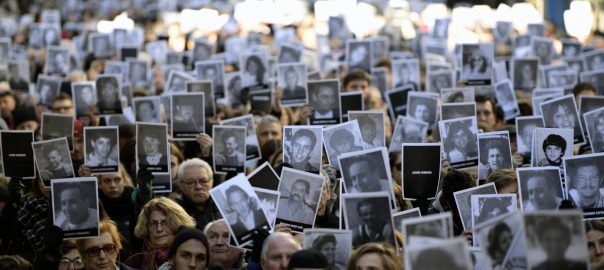Excerpts from:
It’s time to hold Iran accountable for terrorism in Argentina
July 11, 2019 | The Hill | By Benjamin N. Gedan and Toby Dershowitz
Twenty five years ago, the world watched in horror as rescuers in Buenos Aires picked through the rubble of a Jewish community center, searching for survivors of a suicide bombing that leveled the building, killing 85 people, including a five-year-old boy, and wounding 300 more.
But for a quarter of a century, the alleged bombers of the Argentine Jewish Mutual Aid Association, known as the AMIA, have lived freely in Iran. Ali Fallahian, one of the suspects, served on Iran’s influential Assembly of Experts until 2016. Mohsen Rezai, another suspect, is a senior adviser to Iran’s supreme leader. A third, Ahmad Vahidi, served as Iran’s defense minister until 2013 and today is president of Iran’s Supreme National Defense University.
They have also traveled widely, in the Middle East, Asia and Latin America, including as representatives of the Iranian regime.
To enforce the red notices, Argentine judges have sought, without success, the extradition of the bombing suspects so they could stand trial in Argentina, including in requests to China and Russia. In all, the alleged bombers have traveled to 20 countries, all INTERPOL members.
Abroad, even critics of President Trump’s approach to Iran, including in Europe, would have trouble objecting to demands for the arrest of those behind the AMIA bombing, given the brutality of the attack and the importance of upholding the INTERPOL system.
Read the full piece in The Hill here.
Benjamin N. Gedan is a senior adviser to the Latin American Program at the Wilson Center and a former South America director on the National Security Council. Toby Dershowitz is senior vice president for government relations and strategy at the Foundation for Defense of Democracies. Follow them at @benjamingedan and @tobydersh.
